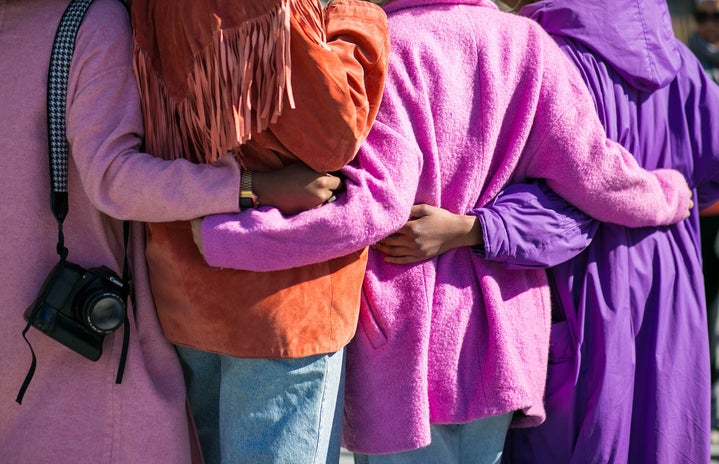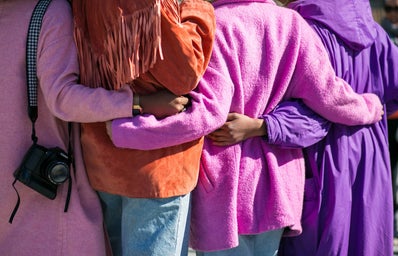Women have made significant contributions to society, more often than not, in the face of great challenges and obstacles. From political leaders to social activists and scientists, women have helped change the course of history and shape the world we live in today. In honor of International’s Women’s Day, let’s celebrate the social-political and cultural achievements of some of history’s most fearless and beautiful rebels of our times.
One of the most well-known women who helped change history was Susan B. Anthony. Born in 1820, Anthony was a suffragette and abolitionist who fought for women’s rights and the abolition of slavery. She played a key role in the women’s suffrage movement, helping to organize rallies and campaigns across the United States. Despite facing opposition and discrimination, Anthony continued to fight for women’s right to vote and was instrumental in the passage of the 19th Amendment, which granted women the right to vote in 1920.
In 1955, Rosa Parks refused to give up her seat on a Montgomery, Alabama bus to a white passenger, sparking a boycott of the city’s buses by African Americans and changing the course of history forever. Her act of defiance was a catalyst for the civil rights movement, and her courage inspired others to stand up against discrimination and segregation.
Marie Curie was a scientist and feminist ahead of her time. Born in Poland in 1867, Curie was a physicist and chemist who conducted pioneering research on radioactivity. She was the first woman to win a Nobel Prize, and she went on to win a second Nobel Prize in chemistry. Her work paved the way for important developments in medicine and technology, and she remains an inspiration to scientists and researchers around the world.
Malala Yousafzai is a more recent example of a woman who fights for the rights and the empowerment of women. Born in Pakistan in 1997, Yousafzai became an activist for girls’ education at a young age, speaking out against the Taliban’s ban on education for girls. In 2012, she was shot by a Taliban gunman while on her way to school, but she survived and went on to become a global advocate for education and women’s rights. She was the youngest person to win the Nobel Peace Prize in 2014.
These are just a few examples of the countless women who have helped change history. From Ada Lovelace, who is considered to be the world’s first computer programmer, to Harriet Tubman, who helped hundreds of slaves escape through the Underground Railroad, women have made significant contributions to society and have helped shape the world we live in today.
Women have always been a significant part of history, yet their stories have often been relegated. Historians have traditionally focused on the achievements of men, leaving women’s contributions out of the narrative. As a result, women’s accomplishments have been overlooked or forgotten, perpetuating the myth that women have not played an active role in shaping society. Acknowledging the achievements of women in history provides a more accurate and complete picture of the past, allowing us to appreciate the diverse perspectives and experiences that have shaped our world. Highlighting women’s achievements also serves as an inspiration for future generations, especially for girls who want to pursue their dreams and become leaders in their fields.
Recognizing the contributions of women also shows that women have always been capable of greatness, challenging traditional gender norms that have limited women’s aspirations and opportunities. Moreover, this recognition stretches as far as promoting gender equality. Historically, women have been denied access to education, politics, and the workforce, limiting their opportunities to contribute to society, but today the fight for their rights continues as they break down gender stereotypes and challenge the notion that men are the sole creators of history. Celebrating and commemorating women’s history highlights the ongoing struggle for gender equality and the need to continue working towards creating a more inclusive society.
Unfortunately, many women who helped change history have been overlooked or marginalized in the history books, but that is exactly why it’s important that we recognize and celebrate their contributions throughout history, and work to ensure that their stories are told and their achievements are acknowledged. By doing so, we can inspire future generations of women to continue making their mark on the world and help shape a more just and equal society. We must continue to celebrate the achievements of women in history and work towards a future where all individuals are valued and respected for their contributions, regardless of their gender.


